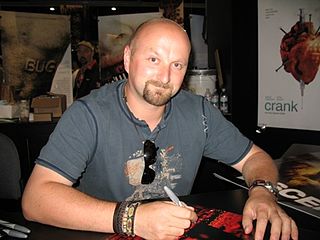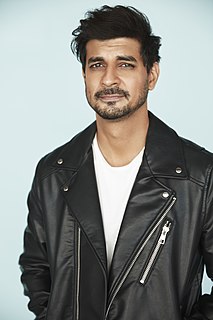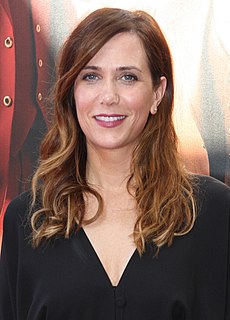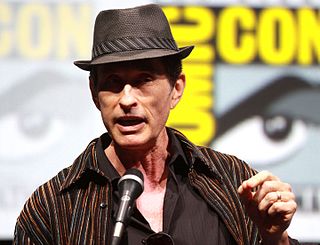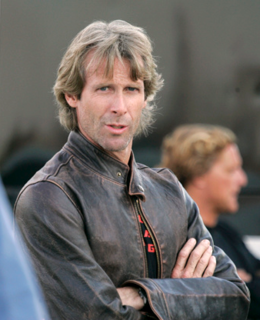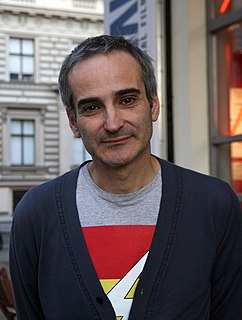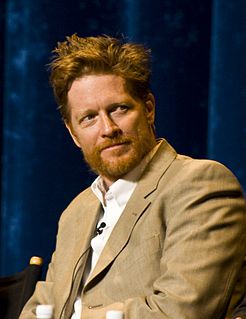Цитата Шуджита Сиркара
Я стараюсь не снимать без необходимости и не тратить на дополнительные расходы, которые обычно случаются на съемочной площадке, например, на гонорары актерам.
Связанные цитаты
Я не только смотрю воспроизведение с актерами, но также смотрю кадры сборки на съемочной площадке с эпизодами с моими актерами. Вот почему я трачу в два раза больше времени на съемки фильма в Корее. Оглядываясь назад, я помню, что в своем первом корейском фильме я никогда не использовал воспроизведение или сборку на съемочной площадке, поэтому все, что мне нужно было сделать, это сказать себе, что это все равно, что снимать мой первый фильм на корейском языке. После этого я почувствовал себя как дома.
Снимаем тремя камерами, по возможности стараемся снимать обе стороны покрытия. Это позволяет актерам пересекаться и находить моменты, которые кажутся более аутентичными и реальными, чем то, что вы иногда обычно получаете в драме по сценарию, снятой более классически. И это то, что развилось в «Родительстве».
Мыльные оперы похожи на учебные лагеря для киноактеров, так что я действительно многому научился. Это был мастер-класс по работе на камеру. Я заставил себя следить за собой каждый день. Я бы попытался быть объективным в этом и немного критиковал себя. В мыльных операх задействовано гораздо больше навыков, чем люди думают. Они снимают около 35 сцен в день.
Пока вы снимаете фильм и работаете с актерами, если вы хотите иметь небольшое пространство для дыхания, экспериментов и игр, оно растет, и вы хотите, чтобы это произошло. Недостаточно просто снять сценарий. Вы должны придумывать новое вдохновение, когда снимаете его. Для этого должно быть место и время, так что это растет.
Я вернулся на Гаити после землетрясения не для того, чтобы снимать фильм, а чтобы помочь и быть частью процесса восстановления, как и все мои соотечественники. Я не приехал снимать фильм, но расстроился, когда понял, что моя помощь бесполезна. Мы все чувствовали себя потерянными и беспомощными. И именно из-за этого разочарования я решил снять фильм.
Большинство инвесторов, как институциональных, так и индивидуальных, обнаружат, что лучший способ владеть обыкновенными акциями (долями) — через индексный фонд, который взимает минимальную комиссию. Те, кто пойдет по этому пути, обязательно превзойдут чистые результаты (после комиссий и расходов) подавляющего большинства профессионалов в области инвестиций.
Я никогда не хочу делать фильм, в котором вы снимаете его на сцене захвата движения. Я просто не люблю убирать из этого реальность. Мне нравится находиться на съемочной площадке в реальных условиях. Я не люблю снимать на зеленом экране. Я думаю, что это дает актерам гораздо больше возможностей для игры, когда на съемочной площадке происходят реальные вещи.



